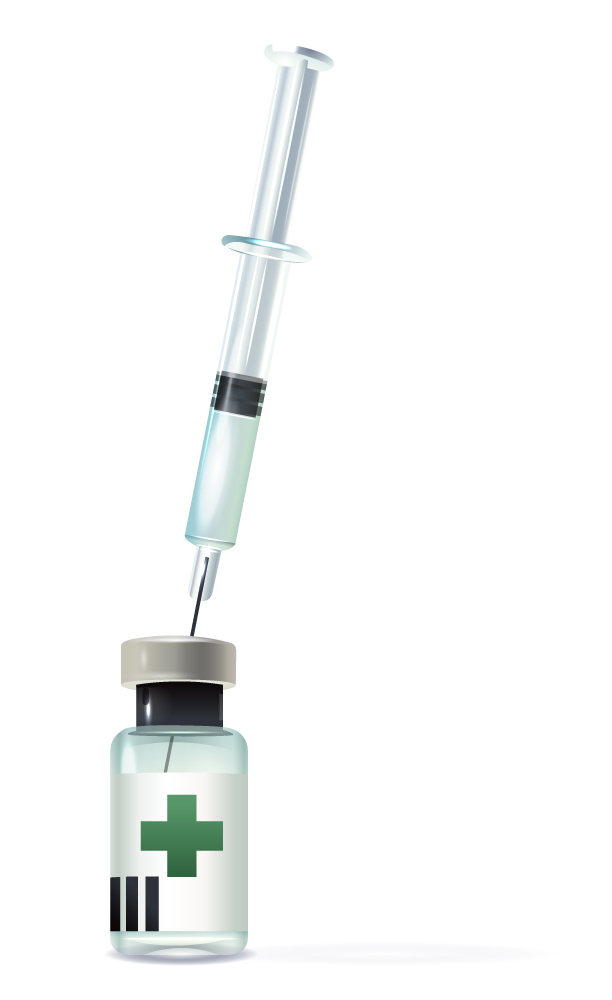GlaxoSmithKline Korea said Thursday its human papillomavirus (HPV) vaccine has shown 89.1 percent efficacy rate in preventing HPV types 16 and 18.

The British pharmaceutical giant presented findings from a seven-year follow-up study of 8,584 girls in Scotland who were 12 years old after the country introduced its National Immunization Program in 2008.
Findings showed the vaccine showed 89.1 percent effectiveness against HPV types 16 and 18, according to Real World Data published in Scotland. The same study also showed cross-protection of high-risk HPV types not indicated for the vaccine.
“Cervarix is an important vaccine for a global cervical cancer prevention strategy as it reached the 84 percent efficacy," said Julia Brotherton, the medical director of Australia's National HPV Vaccination Program Register.
Domestic data shows GSK’s bivalent vaccine still trails behind MSD Korea’s quadrivalent vaccine Gardasil, approved in 2007. The national inoculation program for HPV currently includes both vaccines. MSD Korea’s Gardasil 9 (approved in 2016) that prevents nine types of HPV, is not included in the national inoculation program.
■ Related : Combination vaccines expand range of prevention
MSD Korea’s Gardasil was the first HPV vaccine to enter the Korean market followed by GSK’s Cervarix. The ratio of girls who got vaccinated with MSD Korea’s vaccine versus GSK’s stood at about an 8-2 ratio in 2016, with Gardasil dominating the market, according to Korea Centers for Disease Control and Prevention data. Data showed about 120,000 girls got vaccinated with MSD’s Gardasil while around 35,000 got immunized with GSK’s Cervarix in June 2016.
The British pharma giant also announced last year that it would pull out from the U.S. market due to sluggish sales.
Meanwhile, the World Health Organization said Cervarix remains the most cost-effective HPV vaccine, saying that the “nona-valent vaccine is not cost-effective,” according to GSK Korea.

